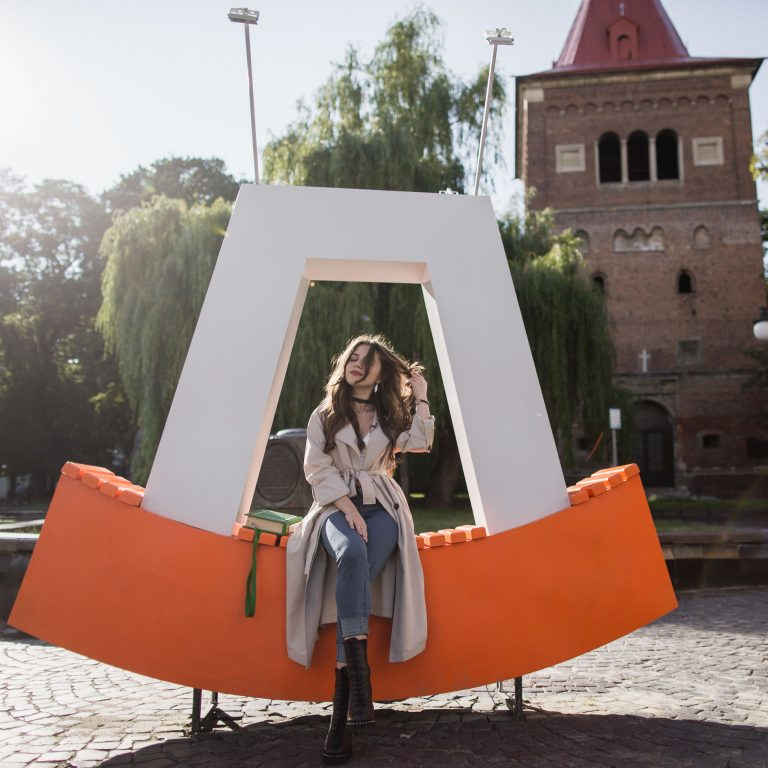In our Ambassadors project, we continue our journey around Ukraine in the company of famous Ukrainians, each of whom will be showing us their hometown from their own unique perspective. In the previous episode, singer Khrystyna Soloviy showed us Lviv, the city that shaped her as a personality. This time, together with Ukraїner founder Bogdan Logvynenko, she вул introduces us to her native Drohobych, the city where she spent her childhood and found out about the Lemko people.
— What do you expect from Drohobych now?
— Nothing. Well, you know, it’s like an old friend. When you haven’t seen them for ages, what can you expect from them? That they’ve got better-looking, or richer? Something like that? It doesn’t matter, anyway! I just love this place for being there, because I grew up there.
— Do you often visit your parents?
— Not very often now, like once every few months. The longest break was probably half a year. That was really painful for me. I’m very attached to my home, but now — last time I went back — I already feel like my home is in Kyiv.
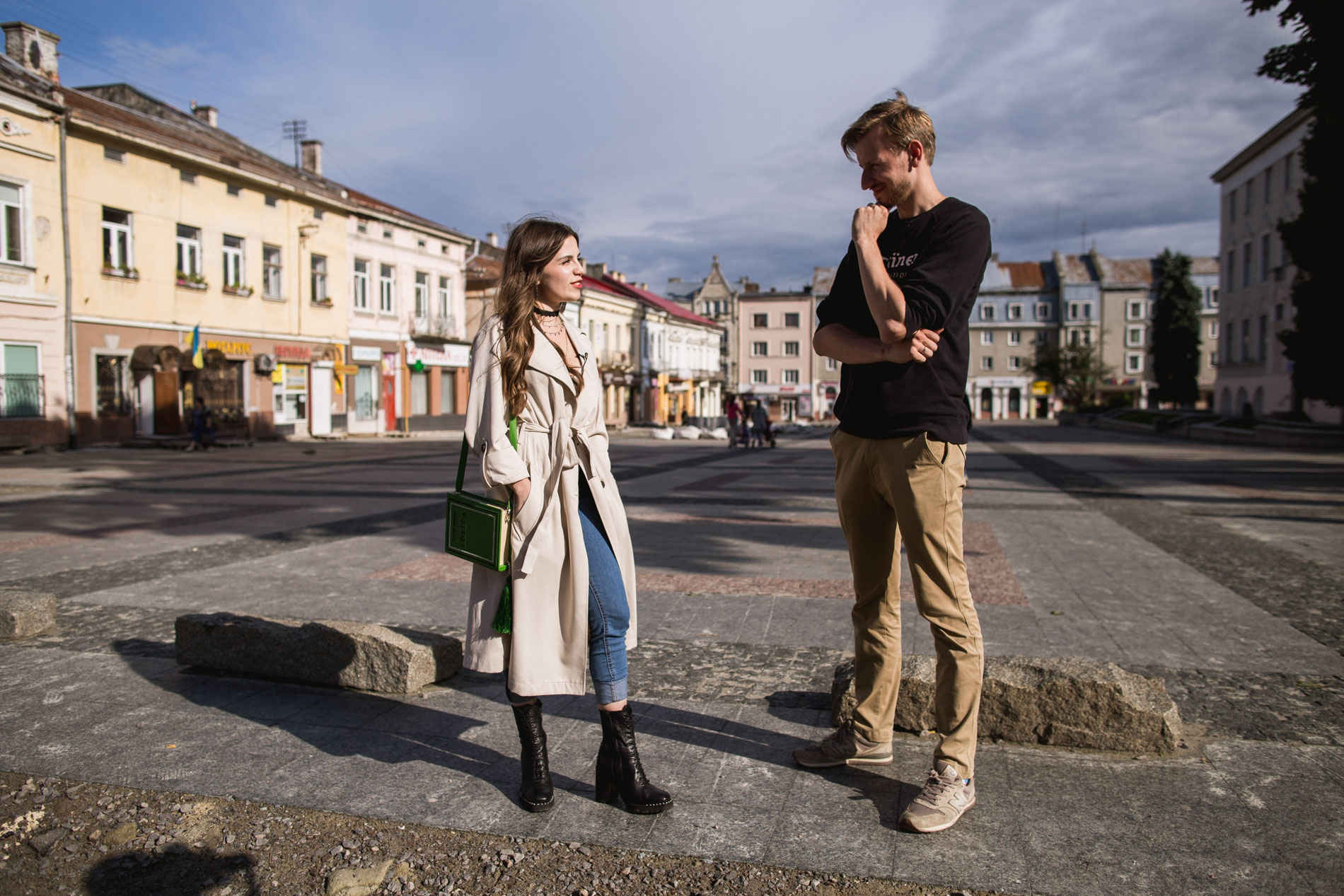
— You parents are musicians too, aren’t they?
— Yeah. I like to tell everybody about it, to explain why I have no musical education. The fact that I was born into a family of choral conductors who met at music school, and always chose to entertain me with trips to the philharmonic or the opera, from the age of three. It looks like all this had the desired effect.
— In your childhood, didn’t you feel that you had the right to choose your own path?
— My parents never insisted that I choose a certain path, and they never pushed me towards anything. I always had more freedom of choice than I might have needed. On the contrary, I sometimes think that they should have been stricter with me, but instead, I basically did whatever I wanted.
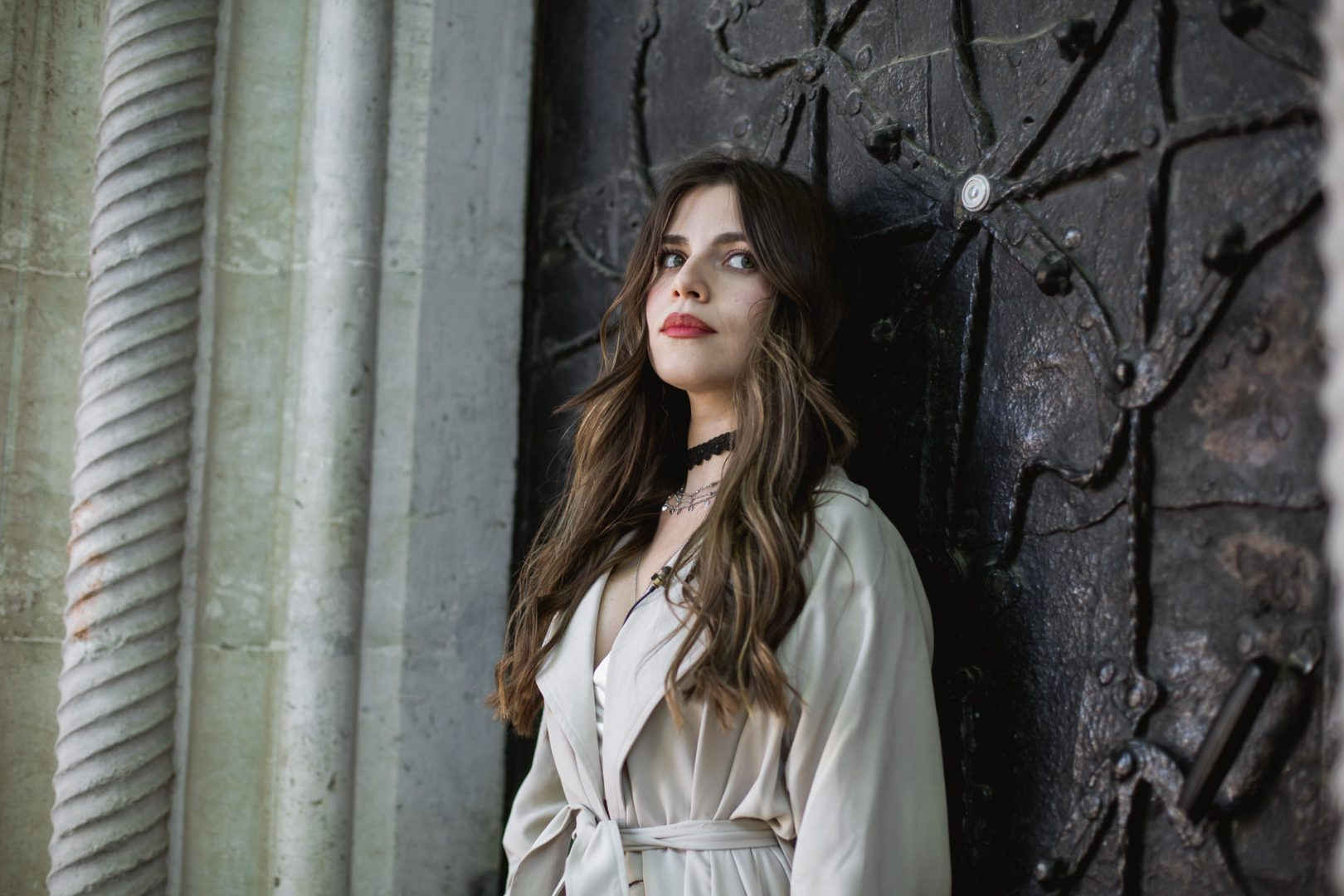
— Do you lack discipline nowadays?
— No, I’m happy with everything now. I mean, for example… My mum is very democratic — she still is — but while I was studying at high school, I was allowed to dye my hair as much as I wanted, I was allowed to wear short, revealing skirts, but, you know, I exploited that image for some time, and I understood it wasn’t really acceptable, so I stopped. When my classmates started doing all that, I’d already stopped. I have an older brother, and he was brought up in a different way. Well, and he’s a boy, after all. Perhaps it’s more difficult with a girl.
— So your brother’s upbringing was less democratic?
— Yes, stricter. Even so, he didn’t become a musician. I mean, he didn’t study to become a musician, but he plays with me, and writes, helps me write my songs.
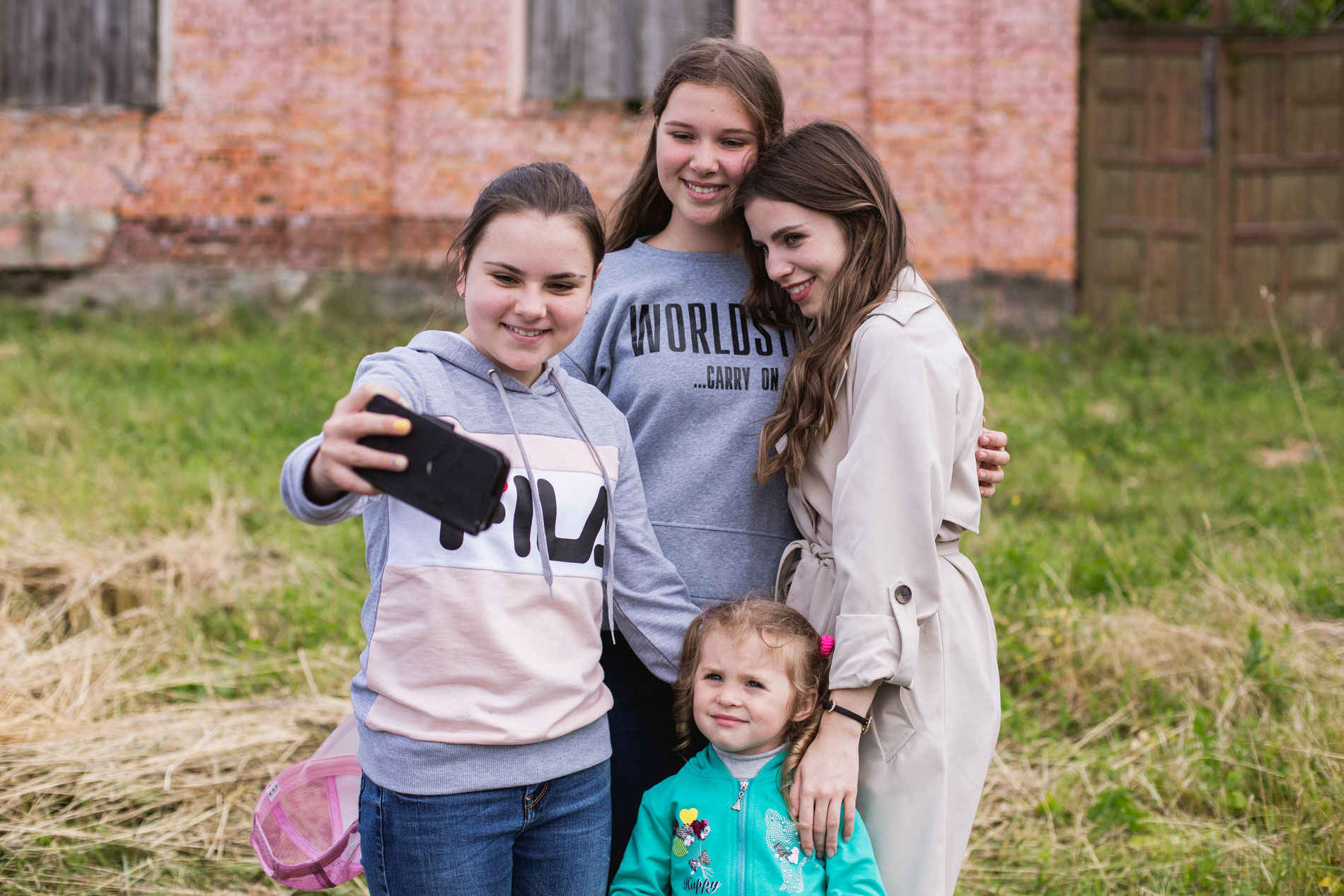
— Don’t your parents reproach you for choosing your career instead of starting your own family, as Halychyna tradition?
— Well, firstly, I never said I’d turned my back on the Halychyna concept of a family, that I’m never going to have that. But at this point in my life, my music is what’s important for me, what I can and what I want to do. I have to strike while the iron is hot.
— How did you find out about your Lemko roots?
— I didn’t take in the Lemko culture and songs with my mother’s milk. It was in Drohobych, in our apartment, in the kitchen — a Lemko song was playing, “Pod Oblachkom”, and it made a strong impression on me, I started asking what that unusual language was, that unusual dialect. It was around the end of the 9th or 10th grade. I abandoned my friends and the following year and a half, before entering university, I spent all my time on the internet searching for information about Lemkivshchyna, about the people, Lemko songs. Somehow there were very few well-known bands performing at Lemko festivals. So you could say I came to Lviv already prepared, and when I went to the show at the Kurbas Theatre, it was like the jigsaw fell into place — I understood my true vocation and what I wanted to do, what I wanted to bring to the people.
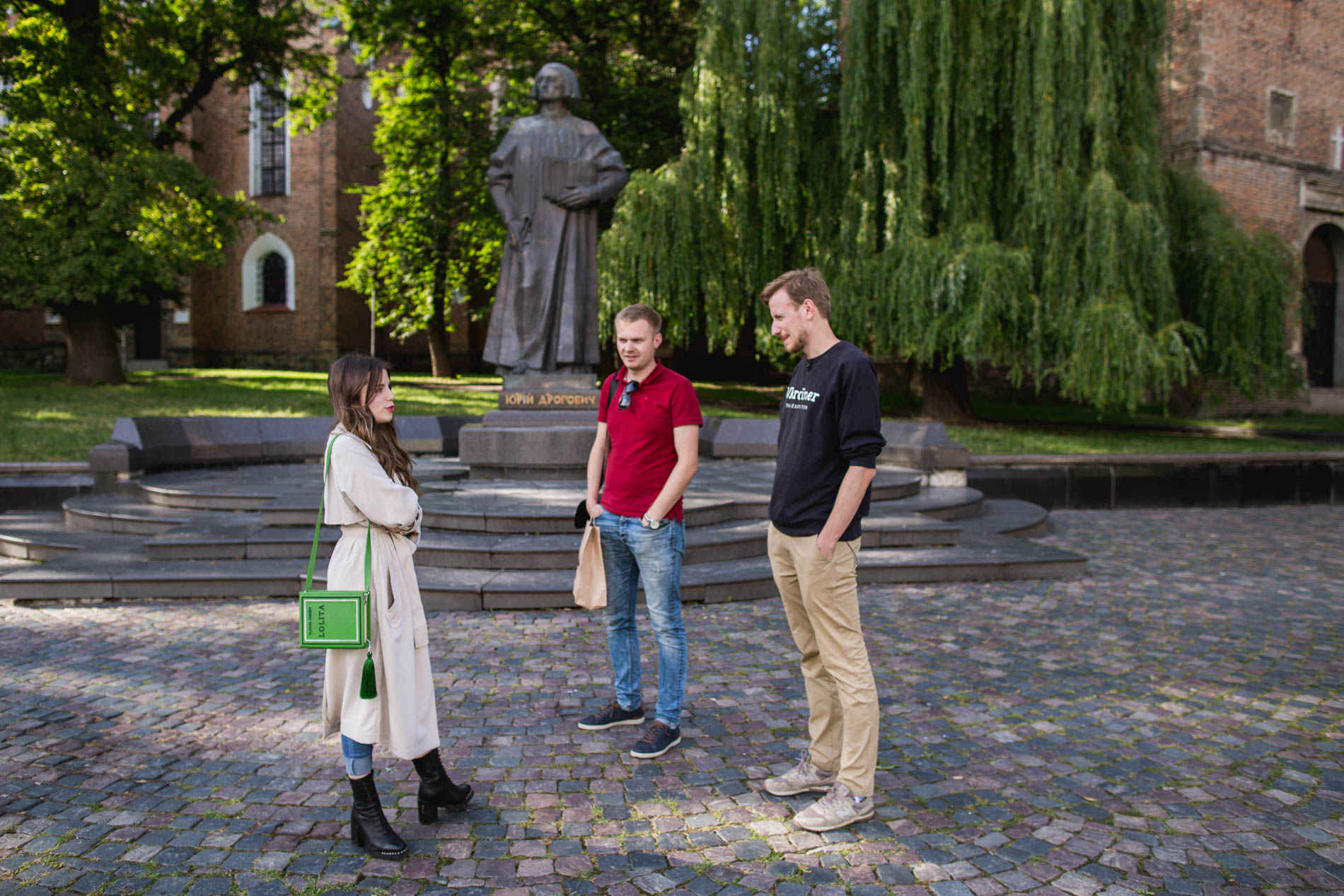
— Is that why you tried out for The Voice?
—The whole thing with The Voice happened a few years after all that. It was a period when I was a bit frustrated, wondering if I’d be able to do something with philology and literature, what my career prospects were. At that time it seemed like there weren’t any, and it was a desperate move, because I used to be very cynical about all talent shows.
— Where did that cynicism come from?
— Well, I didn’t believe it could have any kind of result, let alone a good one. So, I wasn’t expecting anything. And that’s my rule of thumb! I try to have no expectations of the people in my life, of events, of circumstances, and I see everything positive as a pleasant surprise.
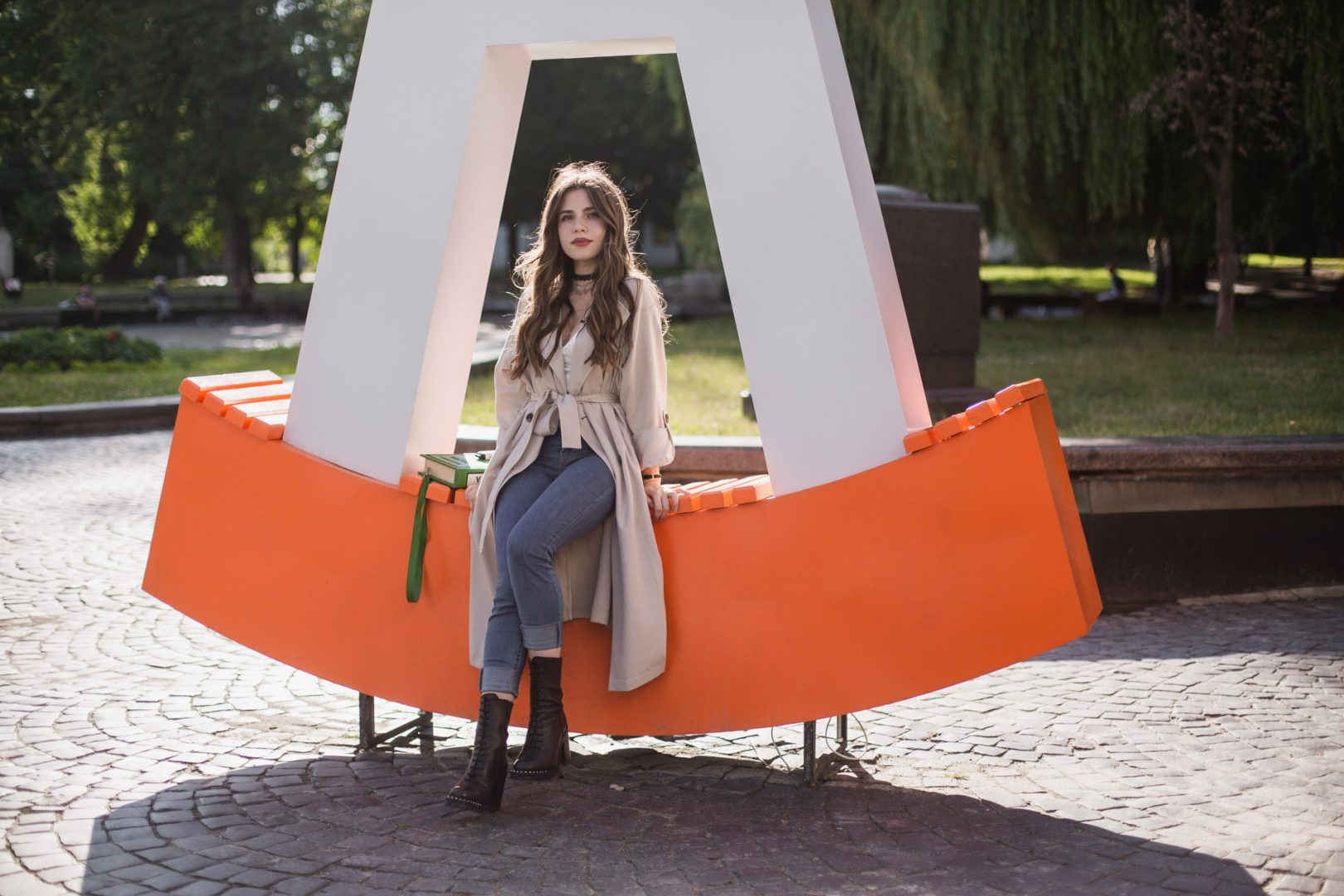
— In your opinion, why should people come here to visit, if they’ve never heard of Drohobych before?
— I think it’s something metaphysical, it’s about the atmosphere. If you stay here to live for a while or come here on business, you’ll definitely feel this atmosphere. It’s characterised by calm. I remember being bored here sometimes, and everybody wanted to escape from here. But now I want to come here for this feeling of calm, which I miss in Kyiv.
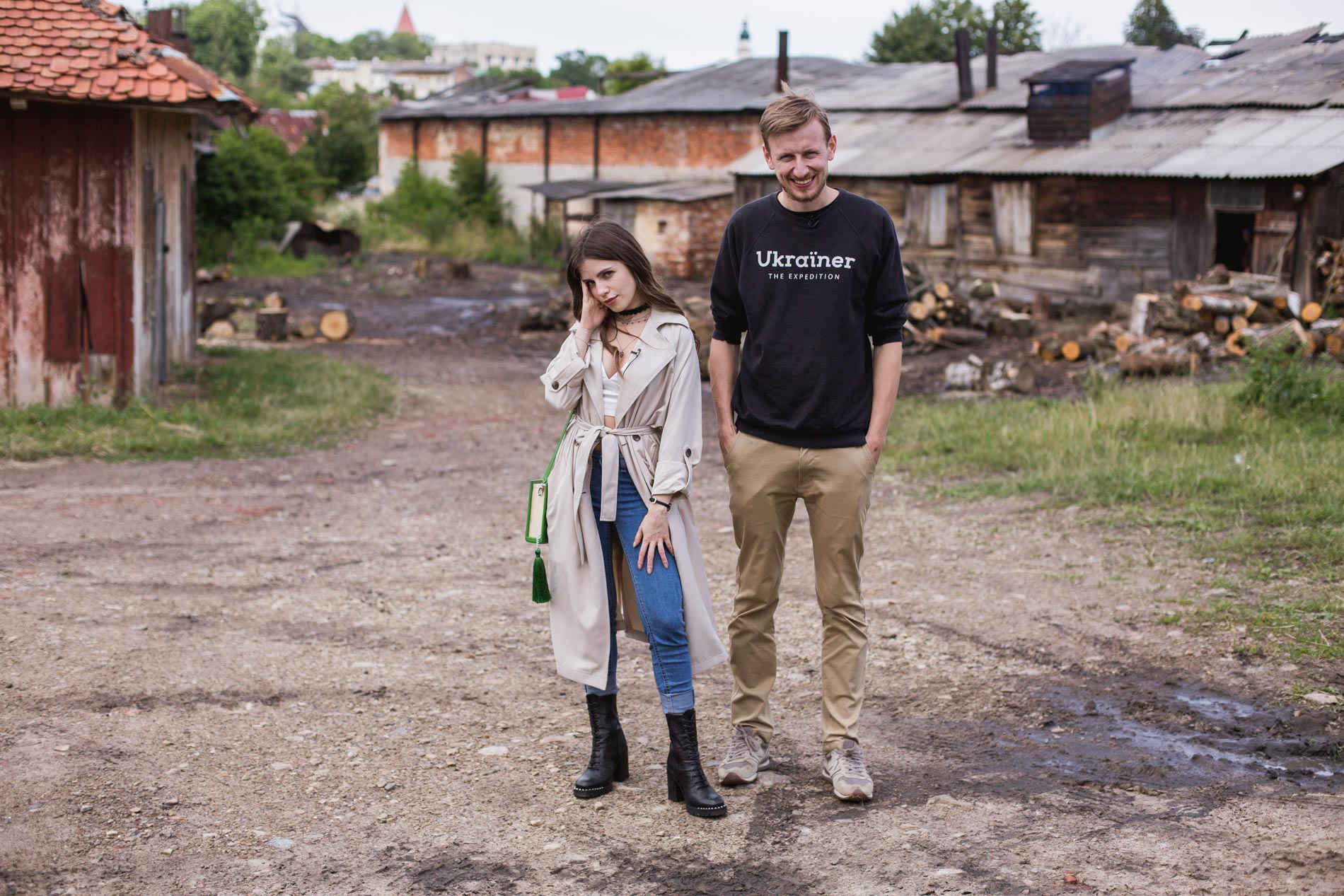
At the Drohobych Salt Works, little has changed since the year 1250. Here, just as in the past, brine is extracted and evaporated to obtain the finished product. Oksana Bunda, a technician otherwise known as the ‘salt queen’, has been working here since 1980. Salt has become her lifelong occupation: “Now more people know about us, about the Drohobych salt works. Even people from Drohobych used to say: “So what, the salt here is the same as in Artemivsk!” They couldn’t tell the difference. But they’re totally different types of salt. Artemivsk salt has a lot of this insoluble black residue, it’s a bit dirty. There’s a big deposit there, and the mining technology is similar to that used for coal. They send a machine inside the mine, it breaks the rock, the halite, and you have a ready-made product. And here we need to boil off the brine to make salt, it’s all manual work, so our salt is more expensive, but it’s environmentally friendly.”
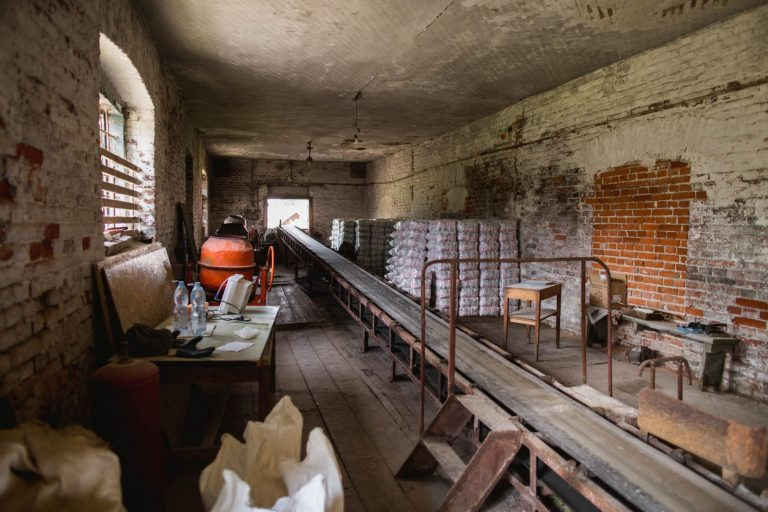

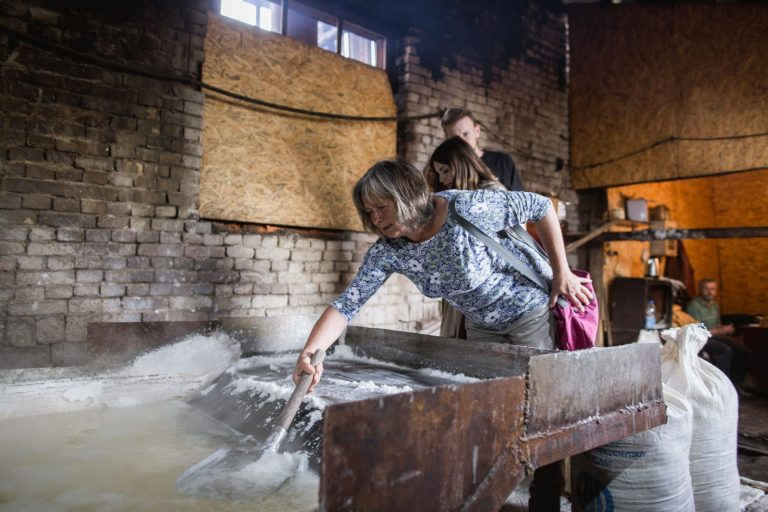
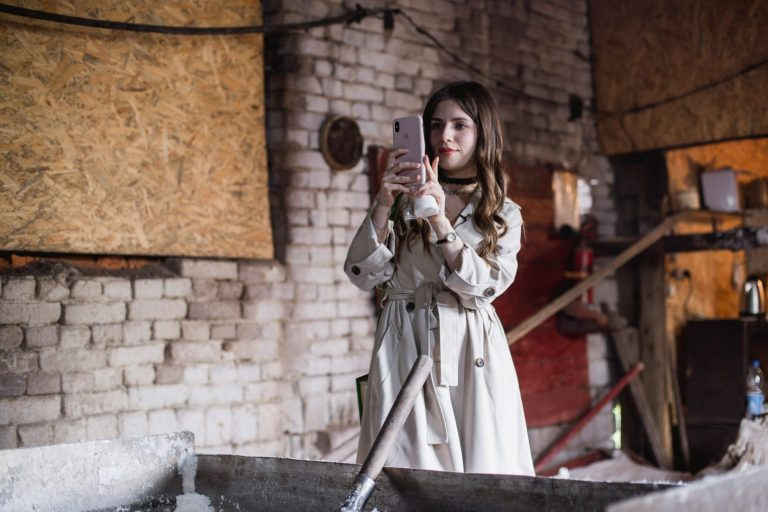
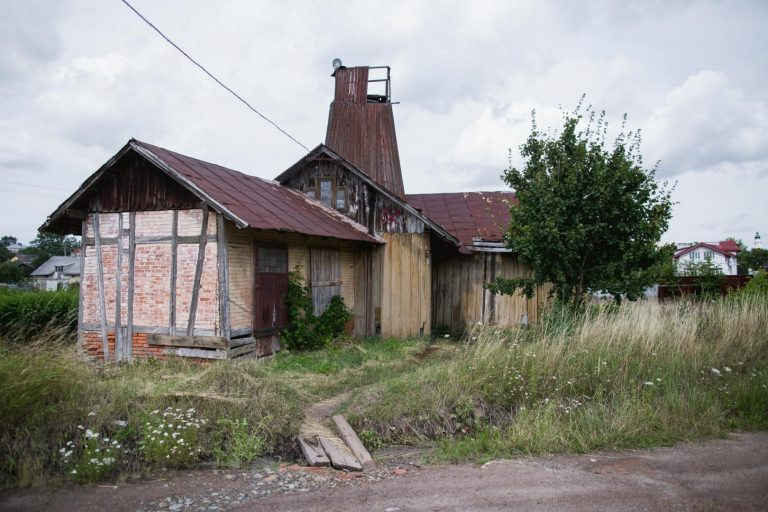
slideshow
The acoustic version of Khrystyna’s song “Fortepiano” was recorded as a duet with Lubomyr Melnyk, a pianist of Ukrainian origin, who visited Ukraine as part of his world tour. His personal technique — of continuous, high-speed arpeggio-playing — has won him fame all over the world but still hasn’t gained him any disciples.
— How did you meet Liubomyr Melnyk?
— I sent him an email. I don’t remember how it happened. I guess my ex-manager, Andrii Balan, came up with the idea. I mean, I’d listened to Liubomyr’s music before, I knew about him, but I thought it was too ambitious. Well, I didn’t think he could be interested, but Andrii said “Of course he’d be interested”. So I sent him a message, and he gladly agreed to come. Andrii organised everything, and we’re still close, despite the distance.
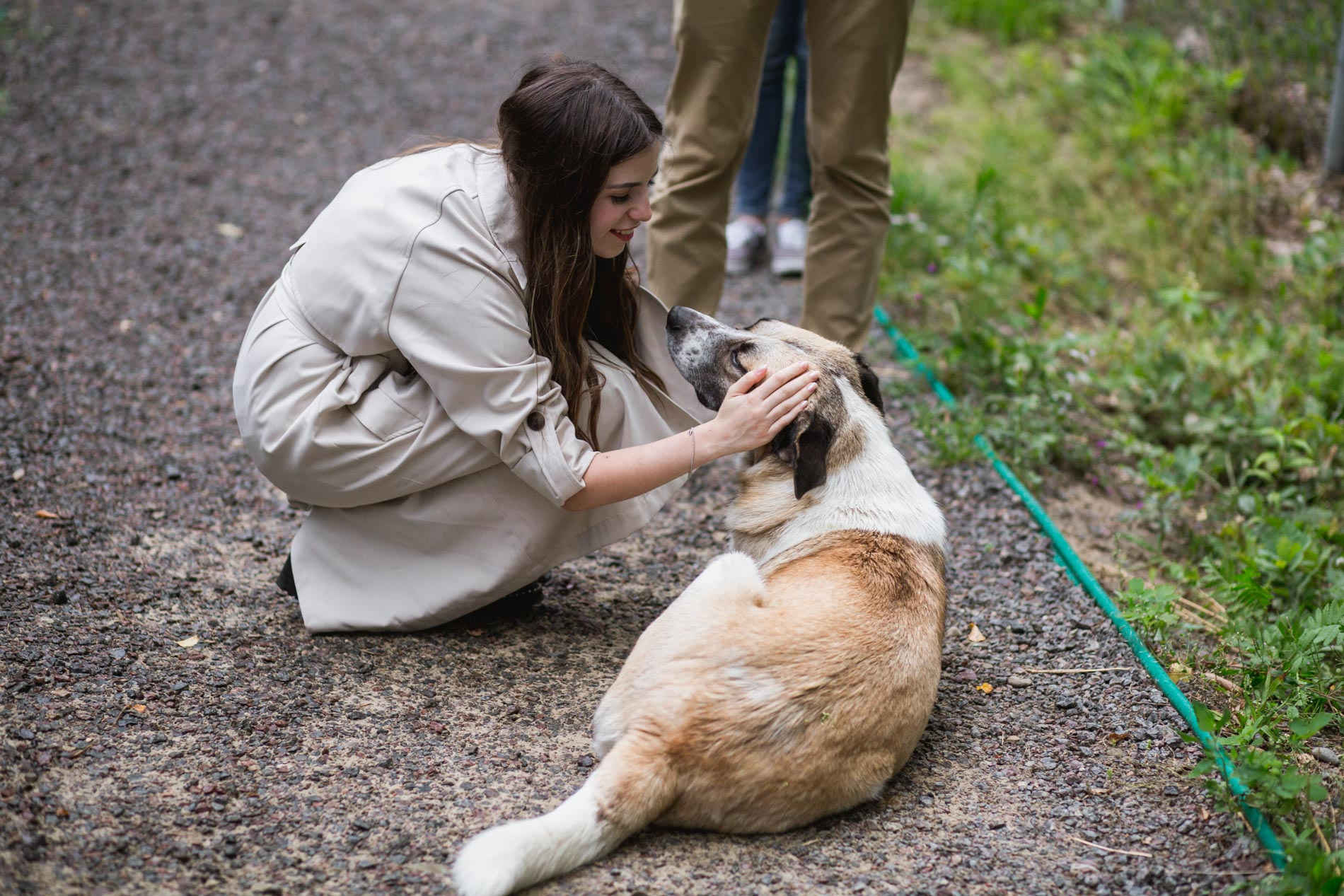
For a long time, rehabilitation centres for abused and suffering animals were few and far between in Ukraine. Bearing witness to the conscious bond between humankind and nature, many international charitable organisations are now helping to fund wildlife rescue projects. Ihor Nykolyn, director of the Domazhyr rehabilitation centre, not far from Lviv, is confident that they will be able to provide shelter for even more brown bears:
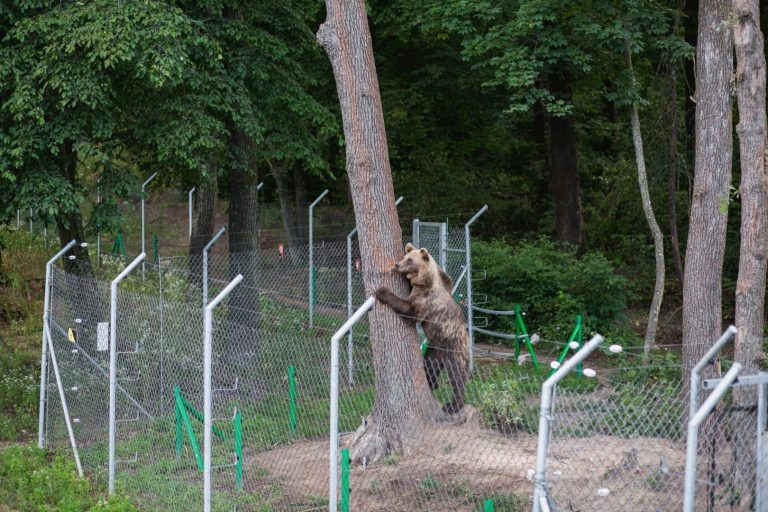
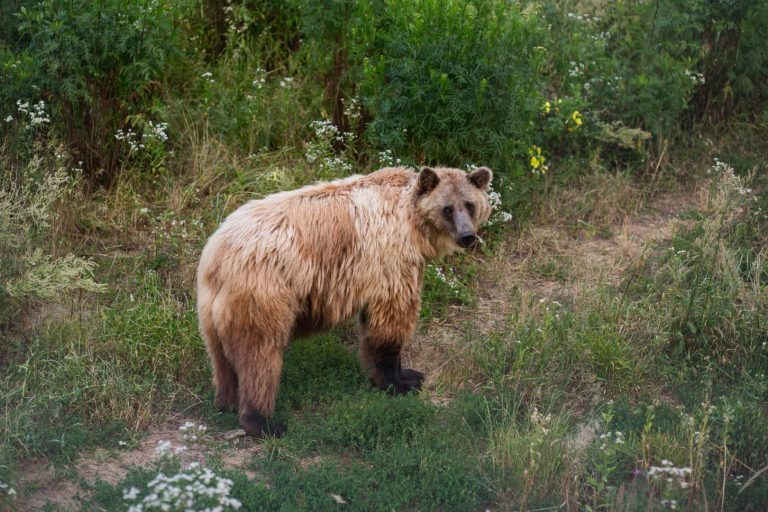
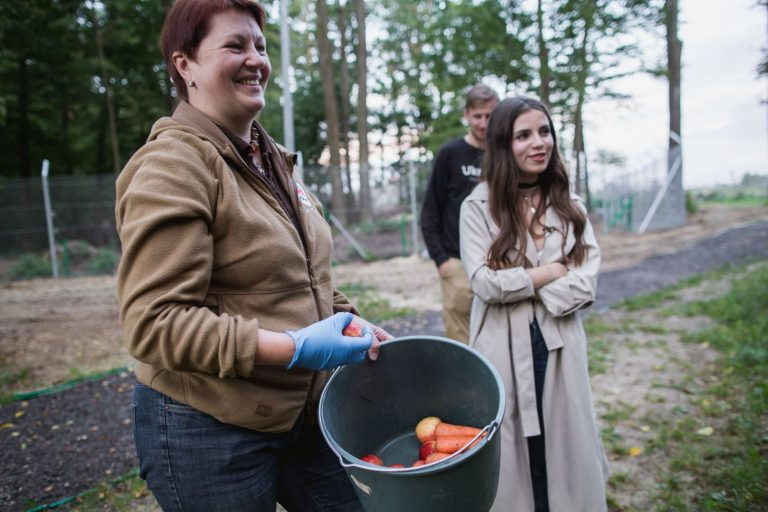
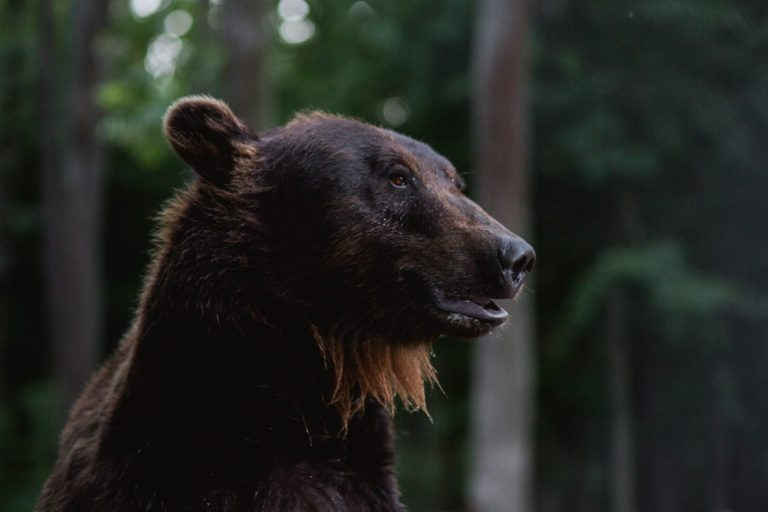
slideshow
“When we started this project, we estimated that it would take 20 years to completely stop this practice (of keeping bears in captivity — ed.), for new bears to be born in the wild and for the population to be restored. We’re just hoping to create a ‘critical mass’ of people with the right ideas, who treat nature properly — that’s the aim of this project. And the main thing is that this place gives people something positive and inspires certain thoughts. We’ve even had kids asking, “Mum, why did we ever go to the circus?” Well, they’re beginning to understand that a living creature is not entertainment, that a living creature also has the right to life, existence, and indeed, harmony with people.

